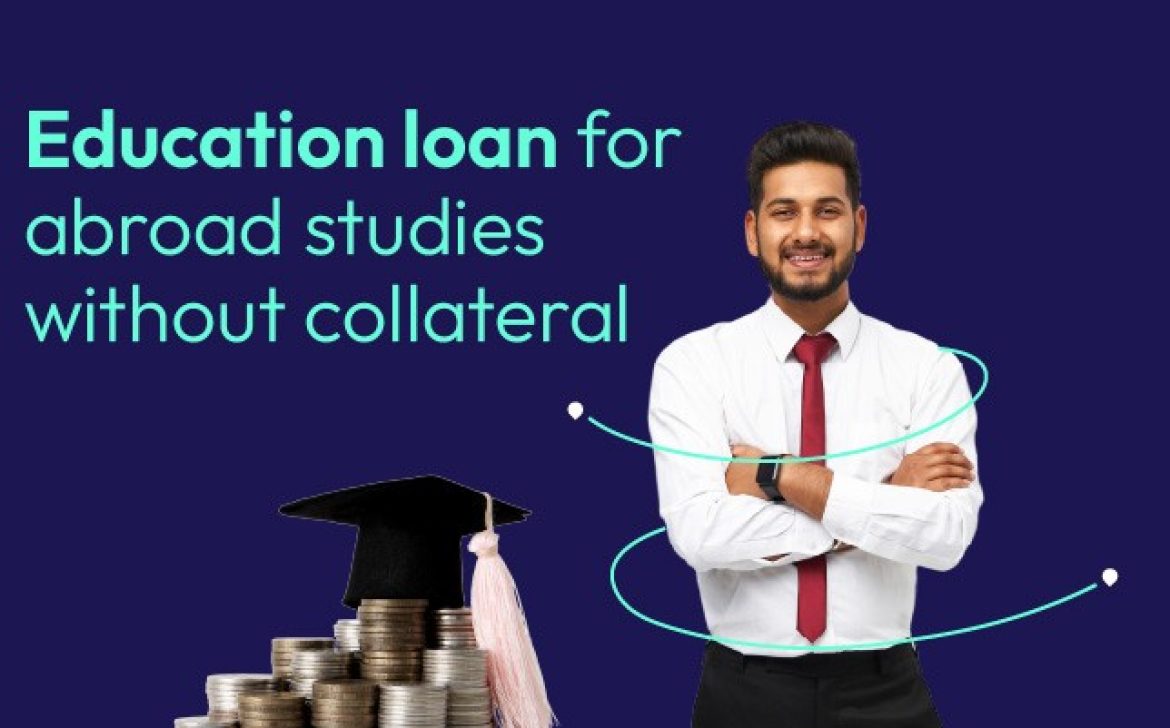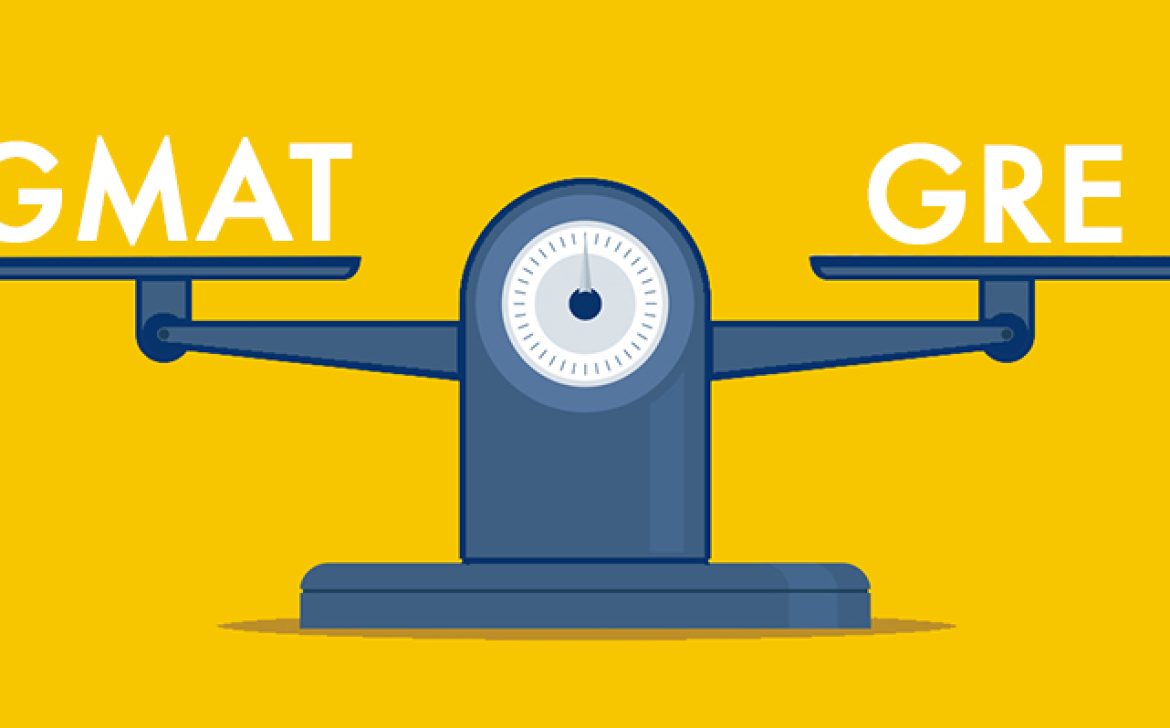Abroad Education Loan Without Collateral: Your Pathway to Global Education
Pursuing higher education abroad is a dream for many Indian students, offering unparalleled opportunities to learn, grow, and build a successful career. However, the financial burden of studying in a foreign country can be daunting. For many, securing an education loan becomes a necessity. Traditionally, most education loans require collateral, making it challenging for students without significant assets. Fortunately, there are options for obtaining an education loan for abroad studies without collateral. This article will explore the eligibility criteria, the role of the Indian government in facilitating these loans, and how a study abroad consultancy in Kolkata can assist you in navigating the process.
Understanding Education Loan Without Collateral
An education loan without collateral, also known as an unsecured education loan, does not require students or their families to pledge any assets, such as property or fixed deposits, as security. These loans are granted based on the student’s academic merit, the reputation of the institution they plan to attend, and their future earning potential. Banks and financial institutions offer these loans to students who demonstrate strong academic records and a promising career path.
Eligibility Criteria for Education Loan for Abroad Studies
The eligibility criteria for an education loan for abroad studies without collateral can vary depending on the lending institution. However, some common requirements include:
- Academic Performance:
- Students must have a strong academic background, with consistent performance in their previous studies. Many lenders set minimum percentage requirements for previous education qualifications.
- Admission to a recognized foreign university or institution is mandatory. The ranking and reputation of the university can also influence the loan approval process.
- Course and Program:
- The course of study must be at the graduate or postgraduate level, such as a Master’s degree, MBA, or PhD. Some lenders may also consider undergraduate courses in specific fields.
- The course should have good job prospects, ensuring that the student can repay the loan after completing their education.
- Co-Applicant:
- Most education loans require a co-applicant, usually a parent or guardian, who will be responsible for repayment in case the student is unable to do so. The co-applicant’s creditworthiness can impact the loan approval.
- Loan Amount:
- The amount that can be borrowed without collateral typically ranges from INR 7.5 lakhs to INR 40 lakhs, depending on the lender and the student’s profile. Some banks may offer higher amounts for top-tier institutions.
- Income and Employment Prospects:
- Lenders often assess the student’s potential to secure employment after graduation. Courses with high employability rates and institutions with strong placement records can increase the chances of loan approval.
Education Loan for Abroad Studies by Indian Government
The Indian government has implemented several initiatives to support students pursuing education abroad. These initiatives aim to make education more accessible by offering loans with favorable terms and conditions. Some key schemes include:
- Vidya Lakshmi Portal:
- The Vidya Lakshmi Portal is an online platform where students can apply for education loans from multiple banks. The portal simplifies the loan application process and provides information on various loan schemes, including those without collateral.
- Padho Pardesh Scheme:
- This scheme provides interest subsidies on education loans for students belonging to minority communities who wish to study abroad. It covers the interest accrued during the moratorium period, making education more affordable.
- CSIS Scheme (Central Sector Interest Subsidy):
- Under the CSIS scheme, students from economically weaker sections (EWS) can avail interest subsidies on education loans for studies in India and abroad. The scheme covers the interest charged during the moratorium period.
- Nationalized Banks and Financial Institutions:
- Several nationalized banks in India offer education loans for abroad studies with flexible repayment options and competitive interest rates. Banks like SBI, Bank of Baroda, and Punjab National Bank have specific schemes for students without collateral.
Conclusion
Pursuing higher education abroad is a significant investment, but the availability of education loans for abroad studies without collateral has made it more accessible to a wider range of students. Understanding the eligibility criteria and exploring government initiatives can help you secure the financial support you need. With the assistance of a study abroad consultancy in Kolkata, you can navigate the process with confidence, ensuring that you make informed decisions about your education and financial future. Alloy Edu is here to help you achieve your dreams of studying abroad, providing expert guidance and support every step of the way.




